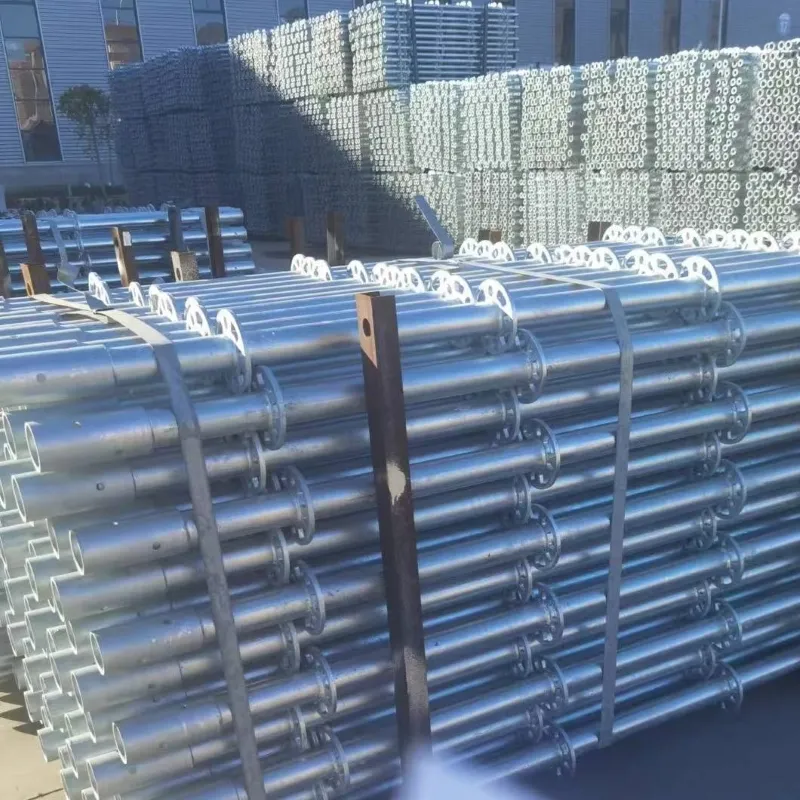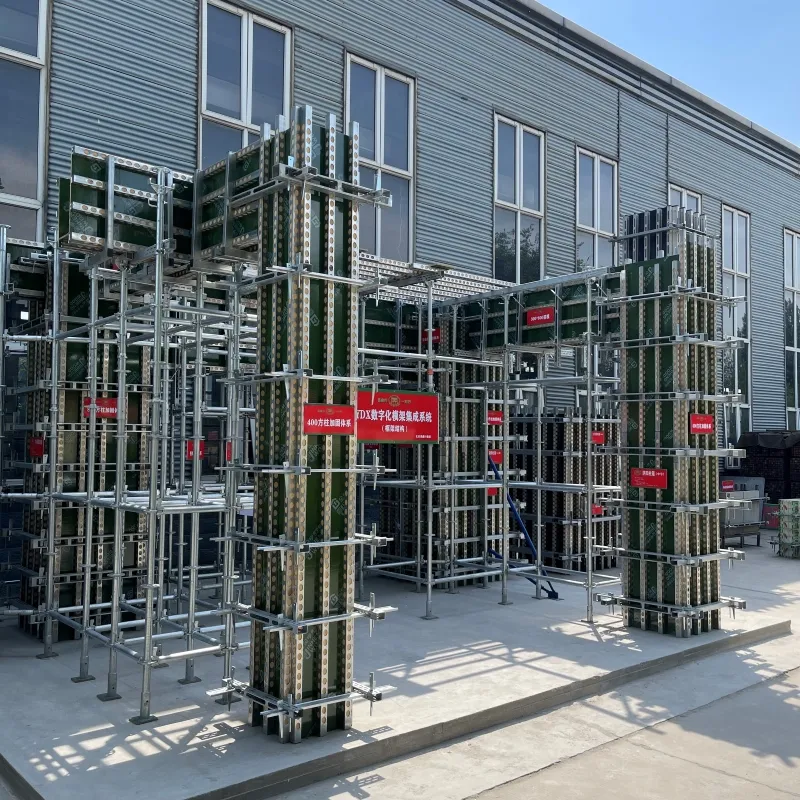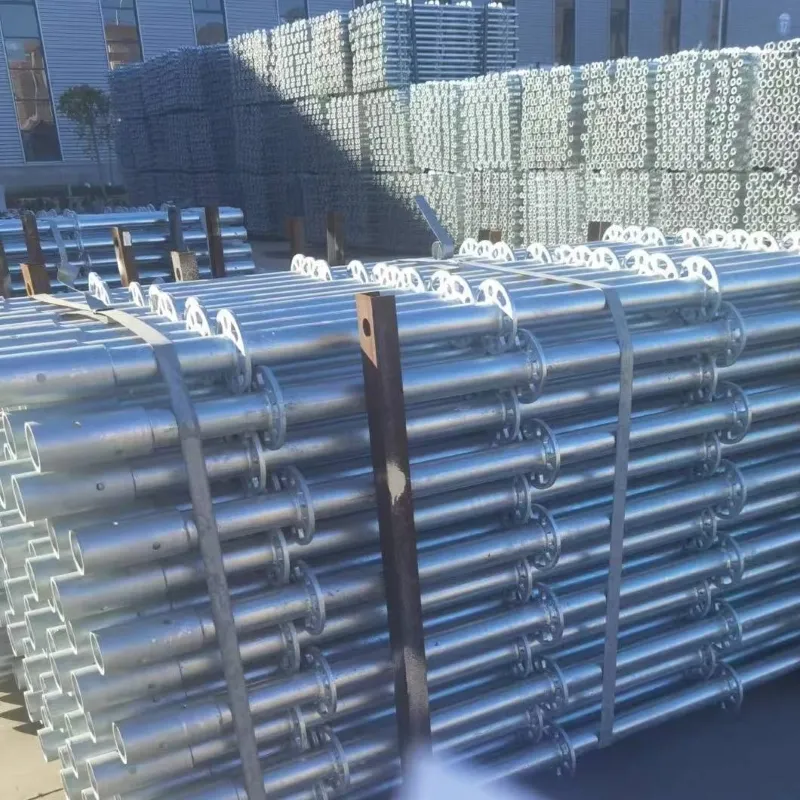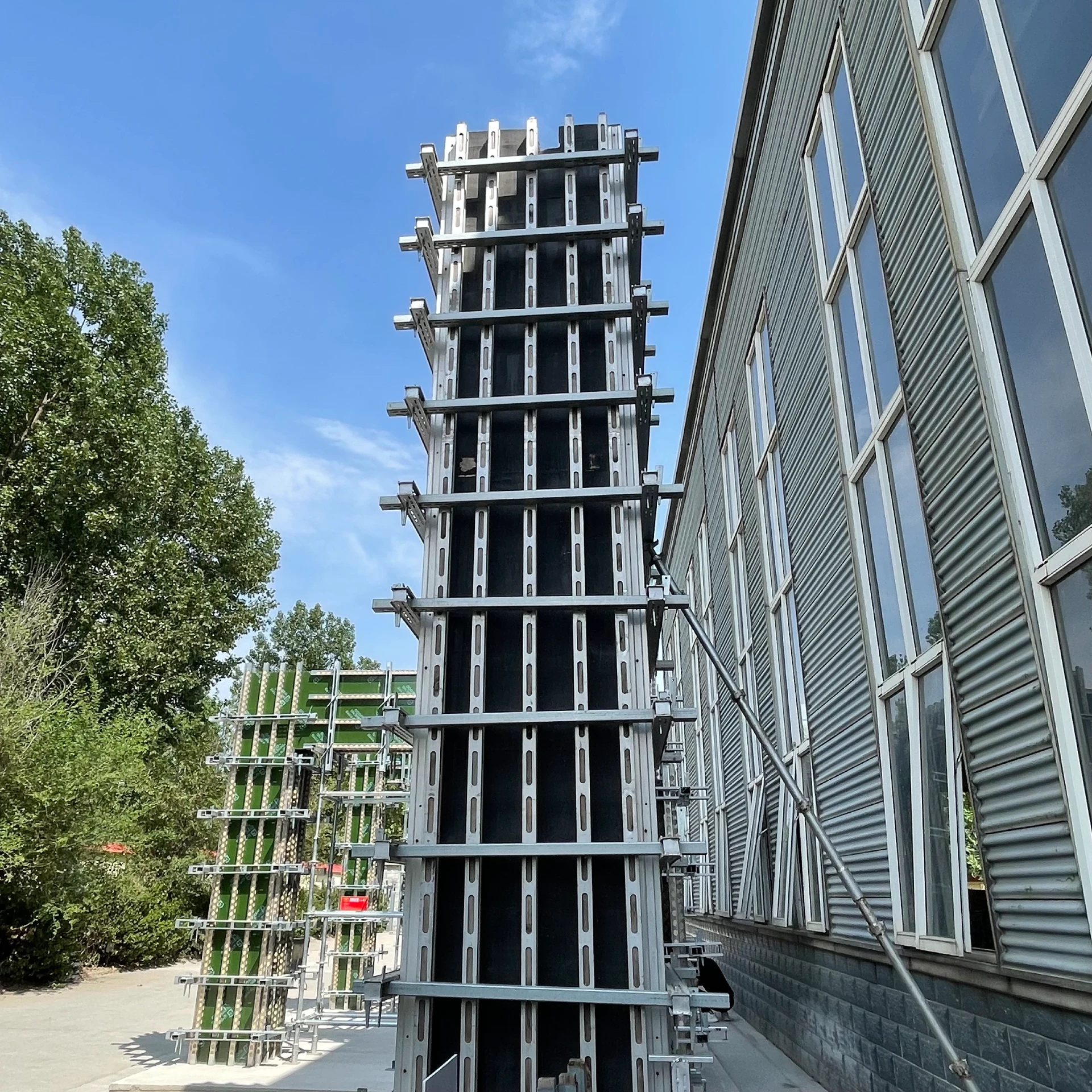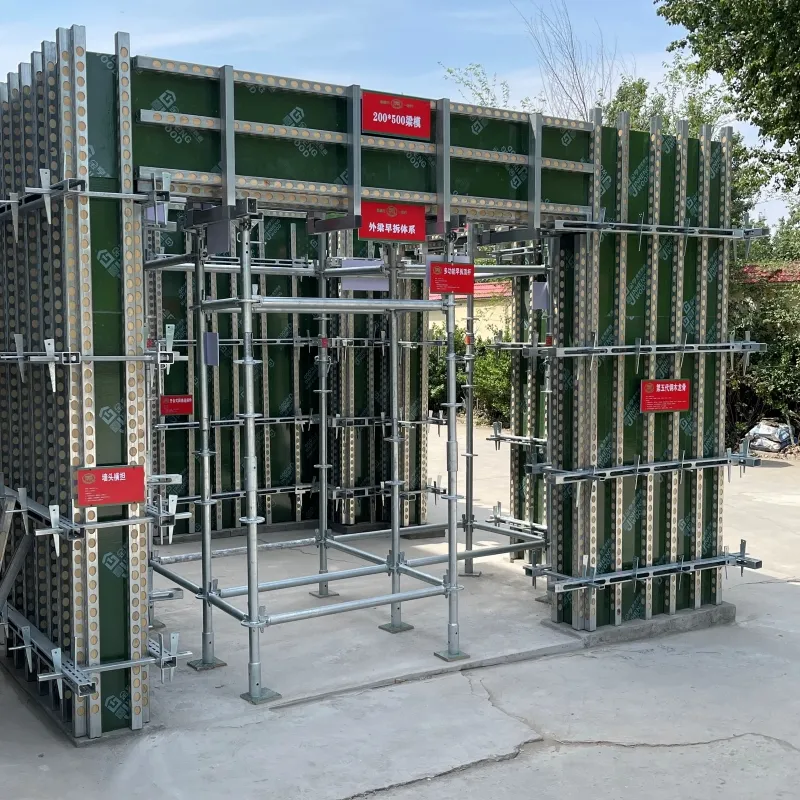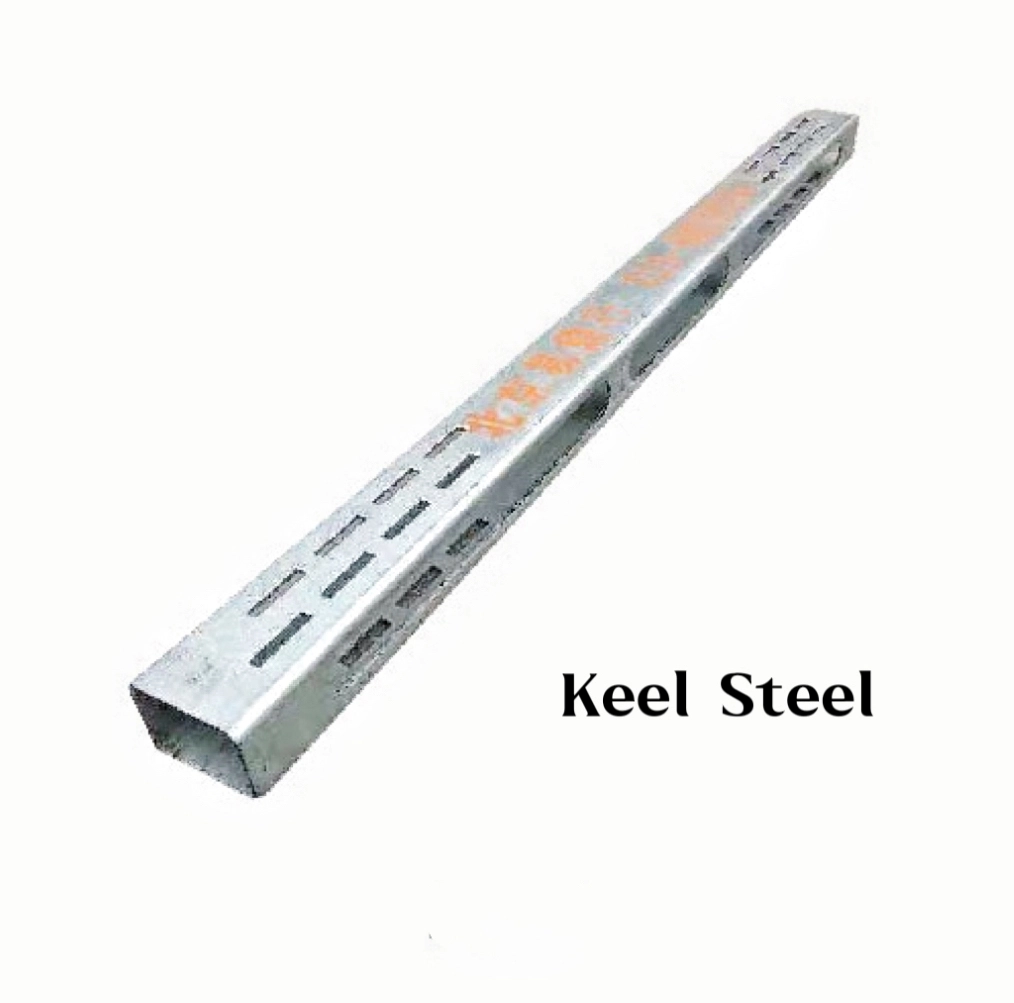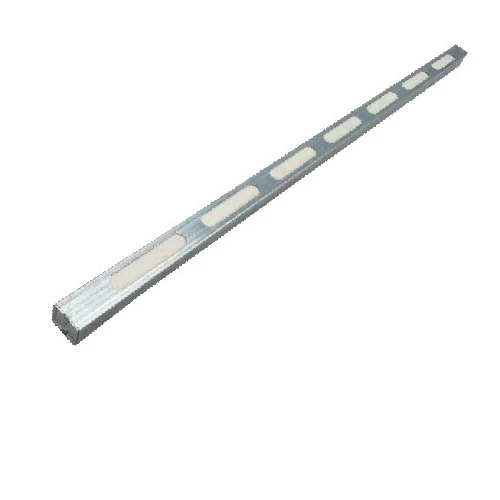
1 月 . 30, 2025 04:56
Back to list
Scaffolding accessories
Fast formwork systems are revolutionizing the construction industry by enabling quicker, safer, and more cost-effective building processes. Drawing from real-world experiences and industry expertise, this article explores how fast formwork is reshaping modern construction through a framework emphasizing Experience, Expertise, Authoritativeness, and Trustworthiness (EEAT).
Establishing authoritativeness in the domain of fast formwork involves industry certifications and endorsements. Key manufacturers and suppliers engage in rigorous testing of their products, adhering to international quality and safety standards. Furthermore, industry associations such as the Formwork Industry Association provide certifications to systems meeting these criteria, offering reassurance to professionals and clients alike that these technologies comply with best practices. Trustworthiness within the realm of fast formwork is achieved through transparency in product specifications, performance data, and client testimonials. Leading suppliers often provide comprehensive documentation and user guides, fostering informed decision-making amongst contractors and developers. Open lines of communication between suppliers and construction teams ensure timely support and troubleshooting whenever challenges arise on-site. For construction projects prioritizing sustainability, fast formwork systems present an appealing option. Their reusable nature reduces material waste significantly, contributing to greener building practices. Additionally, many systems utilize eco-friendly materials, aligning with global sustainability goals. Such environmental considerations are increasingly vital, with stakeholders demanding solutions that minimize ecological footprints. In summary, the fast formwork movement encapsulates the pinnacle of modern construction innovation. By leveraging cutting-edge materials and design techniques, it offers substantial benefits in terms of speed, cost, and flexibility. Real-world applications demonstrate tangible productivity gains, while expertise and authoritative backing reinforce the credibility of these systems in an ever-evolving industry. As sustainability becomes an imperative, fast formwork stands as a catalyst for eco-conscious growth within construction, proving itself as an indispensable tool for forward-thinking builders and developers.
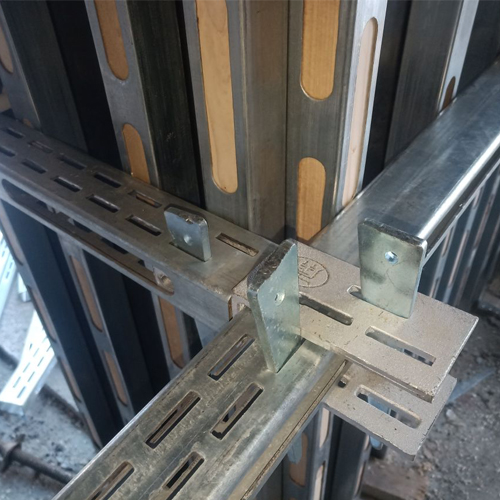
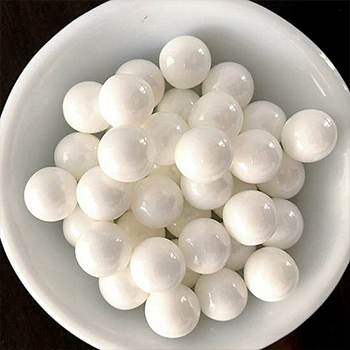
Establishing authoritativeness in the domain of fast formwork involves industry certifications and endorsements. Key manufacturers and suppliers engage in rigorous testing of their products, adhering to international quality and safety standards. Furthermore, industry associations such as the Formwork Industry Association provide certifications to systems meeting these criteria, offering reassurance to professionals and clients alike that these technologies comply with best practices. Trustworthiness within the realm of fast formwork is achieved through transparency in product specifications, performance data, and client testimonials. Leading suppliers often provide comprehensive documentation and user guides, fostering informed decision-making amongst contractors and developers. Open lines of communication between suppliers and construction teams ensure timely support and troubleshooting whenever challenges arise on-site. For construction projects prioritizing sustainability, fast formwork systems present an appealing option. Their reusable nature reduces material waste significantly, contributing to greener building practices. Additionally, many systems utilize eco-friendly materials, aligning with global sustainability goals. Such environmental considerations are increasingly vital, with stakeholders demanding solutions that minimize ecological footprints. In summary, the fast formwork movement encapsulates the pinnacle of modern construction innovation. By leveraging cutting-edge materials and design techniques, it offers substantial benefits in terms of speed, cost, and flexibility. Real-world applications demonstrate tangible productivity gains, while expertise and authoritative backing reinforce the credibility of these systems in an ever-evolving industry. As sustainability becomes an imperative, fast formwork stands as a catalyst for eco-conscious growth within construction, proving itself as an indispensable tool for forward-thinking builders and developers.
Share
Next:
Latest news
-
The Essential Role of Timber and Steel in Modern ConstructionNewsMar.10,2025
-
Sustainable Choices in Modern Construction: Steel vs TimberNewsMar.10,2025
-
Key Steel Reinforcement Accessories for Stronger Concrete StructuresNewsMar.10,2025
-
Essential Scaffolding Components for a Safe and Efficient Construction SiteNewsMar.10,2025
-
Comprehensive Guide to Scaffolding ComponentsNewsMar.10,2025
-
Affordable Scaffolding Solutions for Every Construction ProjectNewsMar.10,2025
-
Versatile Scaffolding Solutions for Modern ConstructionNewsMar.03,2025
Related Products




